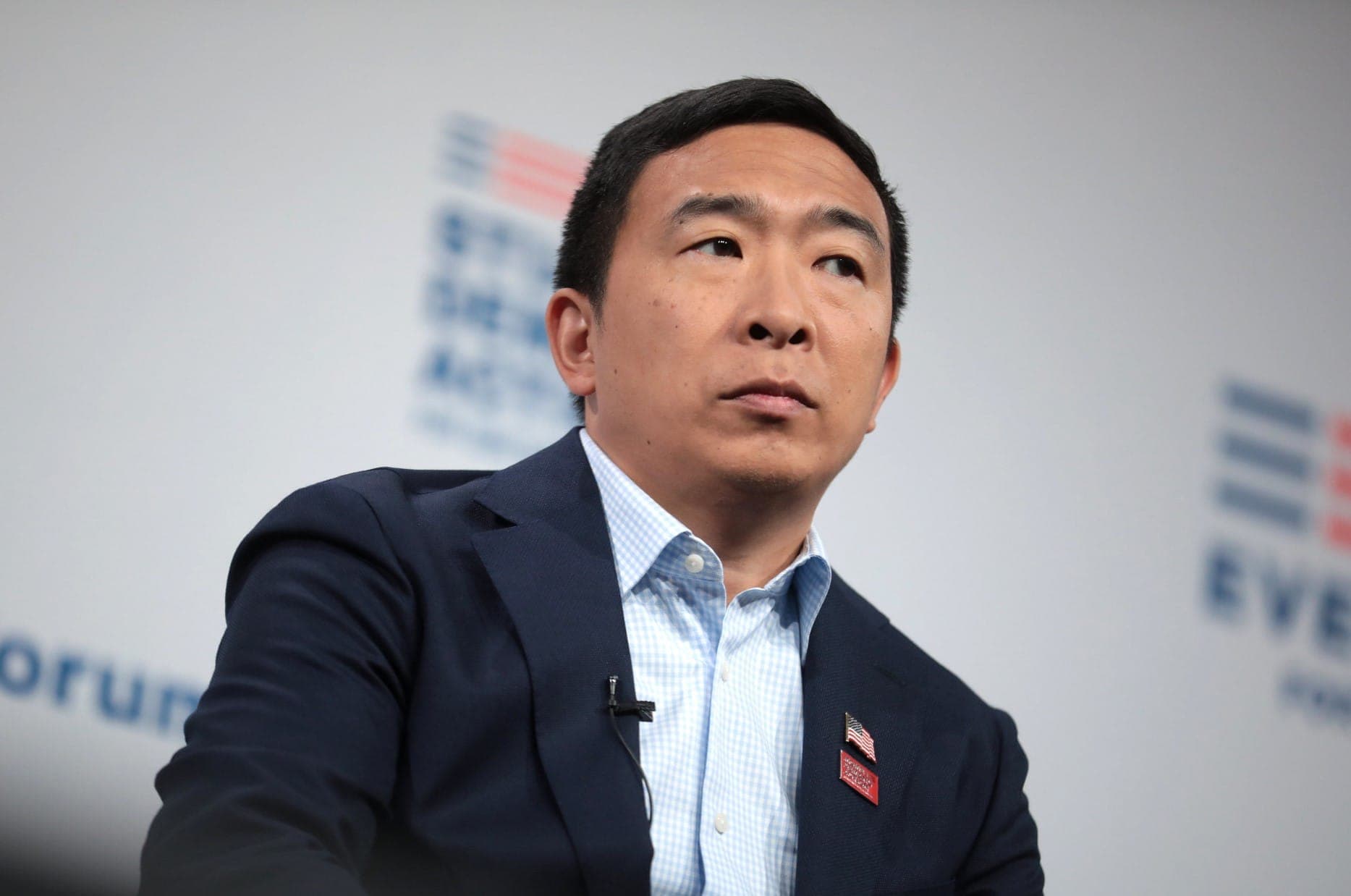Libertarians Kicked Off 3 of Iowa's 4 Congressional Ballots

Photo Credit: Dineda Nyepan /Unsplash
When it comes to efforts by the two major parties to kick independent and third-party candidates off the ballot, much of the focus has been on the DNC's attacks on Dr. Jill Stein, Dr. Cornel West, and RFK Jr.
But this issue extends beyond the presidential election and is not a tactic used by only one party. Just ask 3 Libertarian congressional candidates who were recently kicked off the November ballot in Iowa.
A Polk County judge sided with a state election panel's decision to remove Libertarian nominees Nicholas Gluba in District 1, Marco Battaglia in District 3, and Charles Aldrich in District 4.
The election panel, composed of 2 Republicans and 1 Democrat, reached the decision after mostly Republican complaints asserted that the Libertarian Party had violated state law.
The panel's vote was 2-1 along party lines.
GOP officials challenged the legitimacy of the Libertarians' candidacies on the basis of a state law that says a party's convention delegates don't start their term until the day after precinct caucuses.
They argued that because the Libertarian Party held county conventions on the same day as the precinct caucuses, the conventions were illegitimate -- thus so were the candidates chosen by delegates.
Both the partisan election panel and District Judge Michael Huppert agreed with these arguments.
The 3 Libertarians were booted off the ballot on a technicality, which tends to be how major parties are able to remove outside competition -- especially with the help of partisan-controlled election boards.
It's All About the Margins
Independent and third-party candidates have long-shot odds in most elections in the US. Even their candidates will acknowledge that their chances of winning shrink more the higher a race appears on the ballot.
However, their presence in any race is seen as a threat to the two major parties -- especially in districts and states that are considered toss-ups.
Robert F Kennedy Jr railed against the DNC's continued efforts to kick him off multiple state ballots when he suspended his 2024 presidential bid, and it was often based on the same type of legal technicalities.
He won many of the legal challenges in battleground states, but notably lost in New York, where Democrats challenged his state residency status. Despite being registered to vote in New York and having a valid state driver's license, he lost.
All because he has a home in California where he often resides.
It was part of the DNC's broad legal strategy to remove "outside" candidates like Kennedy, Green Party nominee Dr. Jill Stein, and independent Dr. Cornel West from the ballot in states of consequence.
It is in these states that the margins matter most, because only a handful of states end up deciding the presidential race each election cycle and these races come down to a percentage point or two of the votes.
It is difficult to tell how election results might have differed if a candidate outside the Republican and Democratic Parties were not in the race when looking through a rear-view mirror.
Exit polling suggests voters might have leaned toward one party or the other -- or there is also the chance they may not have voted at all.
Major parties argue in tight races that they would have won without the presence of third-party candidates, but this speaks more to a sense of entitlement than any data-driven evidence.
The DNC made this argument about the 2016 presidential election, just like Iowa Republicans see threats to their hold on all 4 of the state's congressional seats -- especially in the 3rd district.
Republican US Rep. Zach Nunn narrowly defeated former Democratic US Rep. Cindy Axne in 2022. There wasn't a third-party candidate on the ballot then, but there would have been in a higher turnout presidential election if Libertarian Marco Battaglia wasn't kicked off the ballot.
 Shawn Griffiths
Shawn Griffiths






